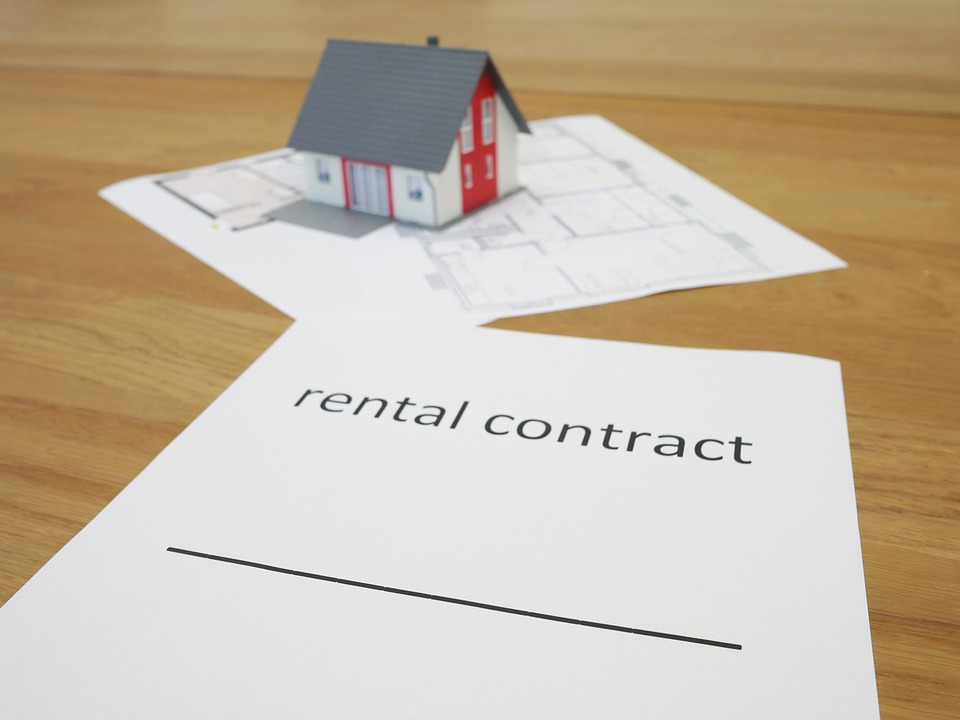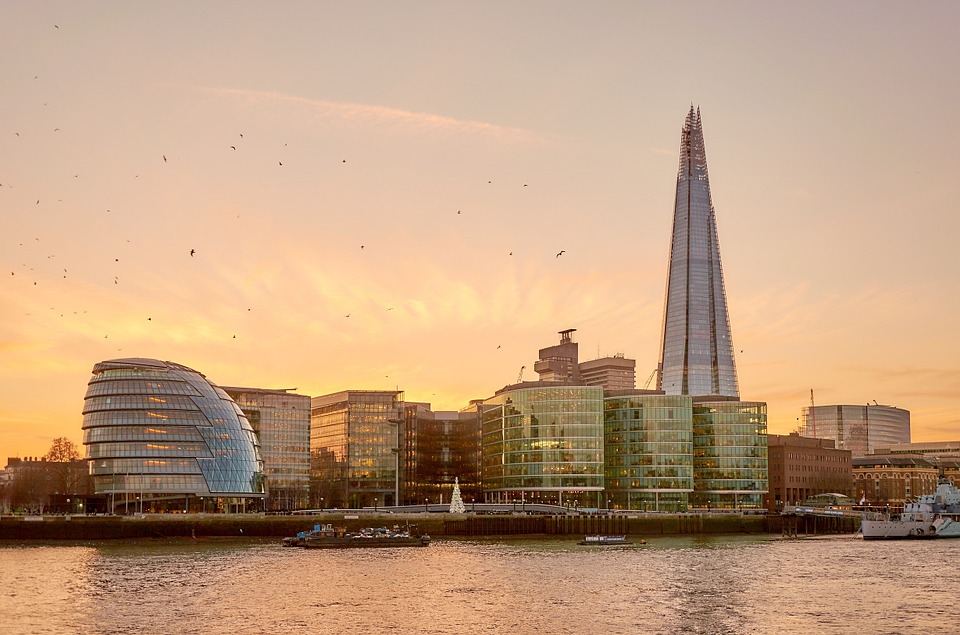We’ve been in lockdown all week, and I’ve been writing about coronavirus nonstop. (In fact, it’s been such a busy week that I literally just stopped for a minute there to check that we’ve only been in lockdown for one week, and not two). And yet I realised that there’s something missing.
I haven’t said a word about the most important asset class in the UK. It’s time to rectify that oversight. Today we ask: “What does coronavirus mean for house prices?”
The UK housing market is closed for business
Let’s start with the obvious. No one is allowed to leave their houses except for essential purposes. Essential purposes – wild as that may sound to some – do not include house hunting. So that means the residential property market is pretty much closed.
Quick interjection here for those of you who are currently in the midst of moving and wondering what to do now – the government yesterday said that “there is no need to pull out of transactions”. And if you’re moving into a vacant property, you can basically go ahead as before.
But if you’re moving to a currently occupied property, “we encourage all parties to do all they can to amicably agree alternative dates to move, for a time when it is likely that stay-at-home measures against coronavirus… will no longer be in place.” In other words, chains across the country are going to be extended massively and potentially to breaking point. (We’ll have more on the mechanics of all this in next Friday’s issue of MoneyWeek – sign up now and you’ll get your first six issues free).
Property website Zoopla apparently reckons that the number of homes sold in the UK will fall by 60% in the next three months. I hate to say it, but that actually sounds optimistic to me – and buying agent Henry Pryor, no stranger to MoneyWeek readers, agrees.
Deals are also going to fall through left, right and centre. Would you move now, unless you absolutely had to? No chance.
There’s another reason the housing market is closed: banks are rapidly shutting down the range of mortgages they offer for new purchases. In effect, unless you can stump up a 40% deposit, you’re going to find it difficult to get a mortgage to buy a house, even if you really want to go ahead right now.
Why is this happening? Firstly, the banks say they are struggling with staffing, which is fair enough given that call centres the world over are shutting. More pertinent though, are two key factors.
One, you can’t tell what a house is worth right now because liquidity in the housing market (always tricky even at the best of times) is gone. It’s very hard to value a home when there are no comparable sales to gauge it against.
Two, you don’t know how secure your customer’s job is. The government has put in place some very strong temporary measures to protect people – but what happens in a year’s time? What state will the economy be in?
Do you want to be writing loans to individuals whose future income is uncertain, secured against assets of uncertain value? Nope, and banks don’t either.
Of course, in pulling the supply of credit to the housing market, they risk creating the very scenario they fear. But as my former colleague Phil Oakley noted to me the other day, that’s what banks always do in these situations.
What does all of this mean for house prices?
OK, so we have a near-total housing market freeze. What does that mean for prices and other financial side-effects?
From an investment point of view, the market appears to have just woken up today to the fact that none of this is good for housebuilders. Housebuilders make houses. If no one is buying their products, they need to hunker down and conserve cash. Maybe they’ll get a chance to build land banks on the cheap, but maybe not.
So you’d probably want to avoid that sector for now (we’ll see how cheap they get).
As far as the housing market goes: the obvious point is that you won’t be able to trust any price or transaction data for several months. There will be some forced sales (hopefully not too many, given that people should now be able to ask for three-month mortgage holidays where needed), and there will be some cash buyers.
However, for anyone who isn’t a professional property flipper or large-scale landlord, none of that is terribly relevant. In stockmarket terms, this isn’t a crash – it’s more like the market has actually been shut.
So what happens when it re-opens? That’s more important. House prices are pretty much driven by the price and availability of credit. If interest rates are low, and you can also get a mortgage easily, then house prices will be high.
If rates stay low but it’s hard to get a mortgage, then transactions probably dry up, but those that do go through will still be at relatively high levels (in effect, you’re only allowing people with access to credit to move).
If rates go up, that’s when you start to see prices falling. Alternatively (or simultaneously), if lots of people lose their jobs and thus become forced sellers, that’s also when you start to see prices falling.
So what’s likely to happen? I guess it depends. The estate agent optimists argue that there will be pent-up demand, but I don’t think we’ll get a V-shaped recovery. A lot of people who had wanted to move will either find that they can’t be bothered any more, or that they are too worried about job security to do so. So I can see it taking a while for transaction levels to recover.
But what about interest rates? I don’t see them going up. I think interest rates will be capped for quite some time and that inflation will be given as free a rein as possible to take off and start eating away at all the debt we’ll have incurred during this. That in turn could and should lead to higher demand for physical assets such as property.
However, again this depends on the economy bouncing back strongly and there being no lasting rise in unemployment. I think that’s still possible – and obviously in the longer run the economy will recover – but it’s the timescale that I’m not sure about.
Overall though, given the importance of house prices to UK households’ balance sheets, this isn’t good news for consumer confidence. But then, none of us is able to go out and spend widely right now anyway, so maybe that’s not as important as it normally is.
Long story short – you can’t move right now so worrying about house prices is probably a waste of time. In six months’ time, we’ll see where we are. In the longer run, I’d expect a combination of low rates and rising inflation to push prices up. But it might be a wee while before we get there.
By John Stepek
Source: Money Week







